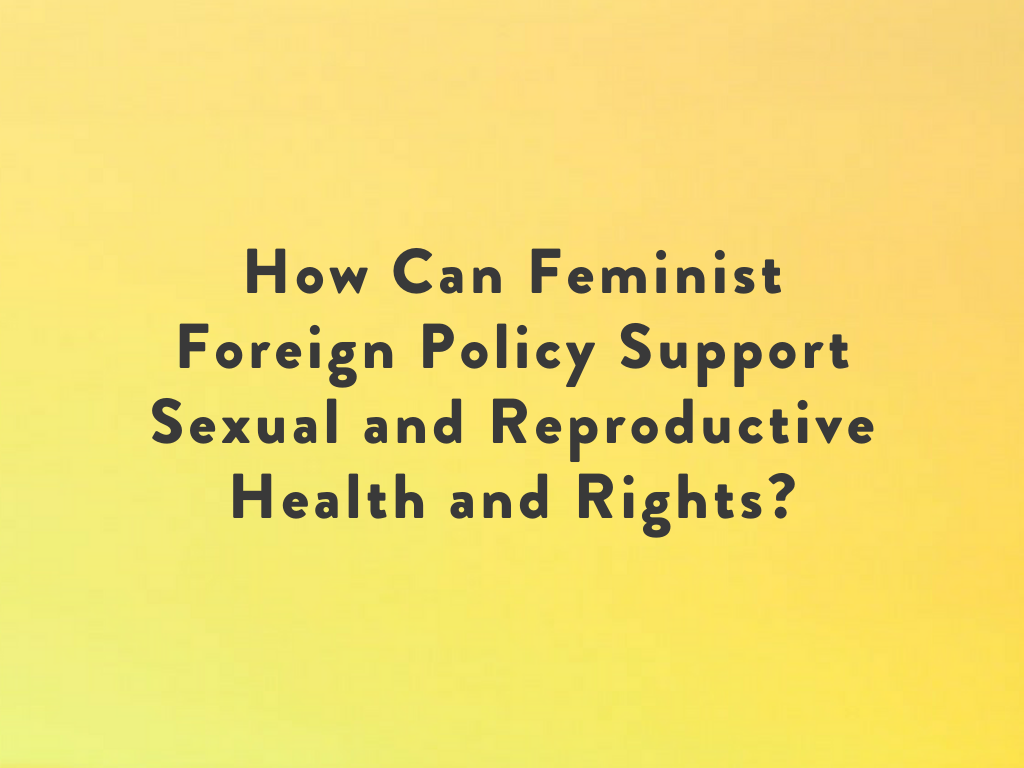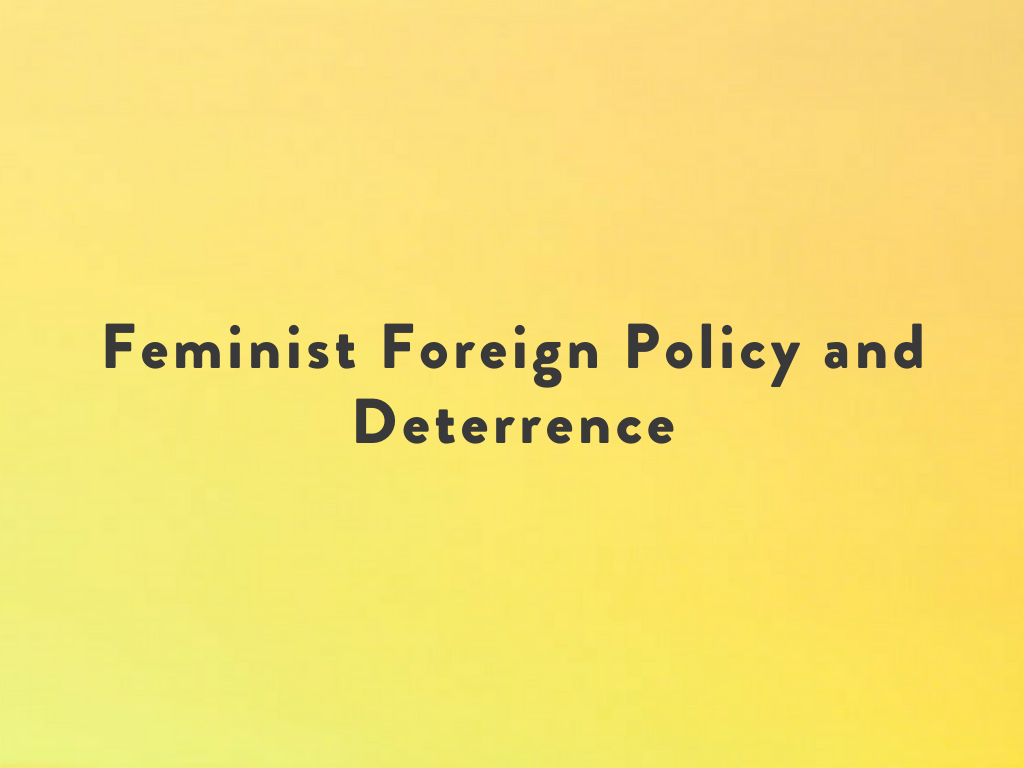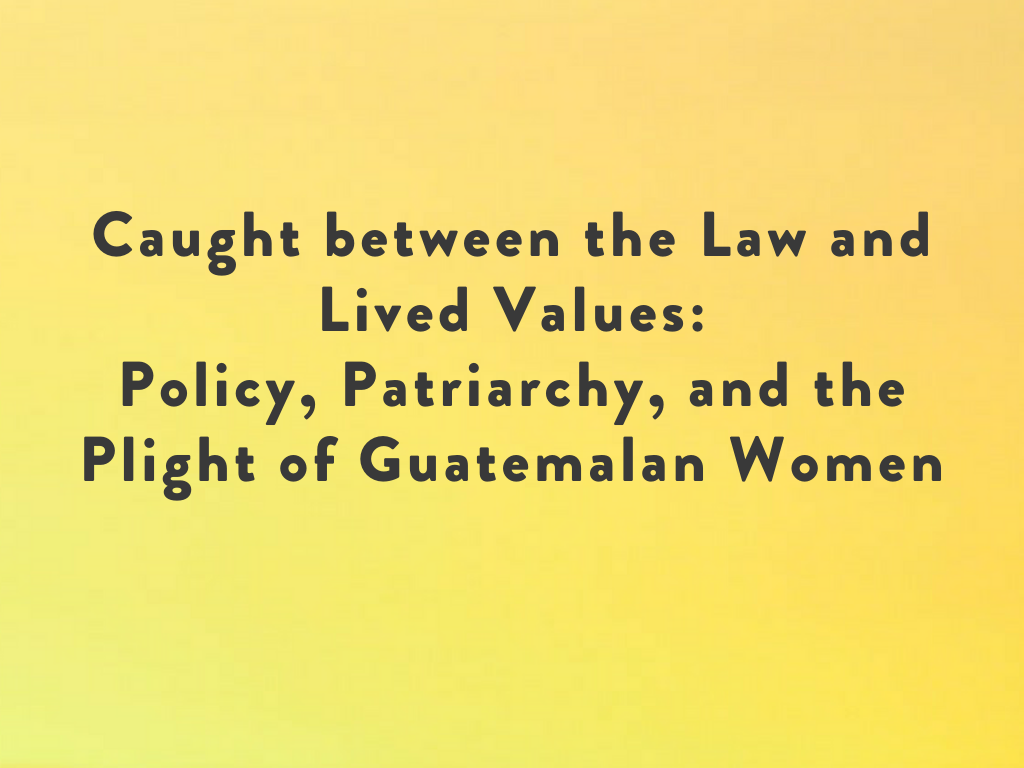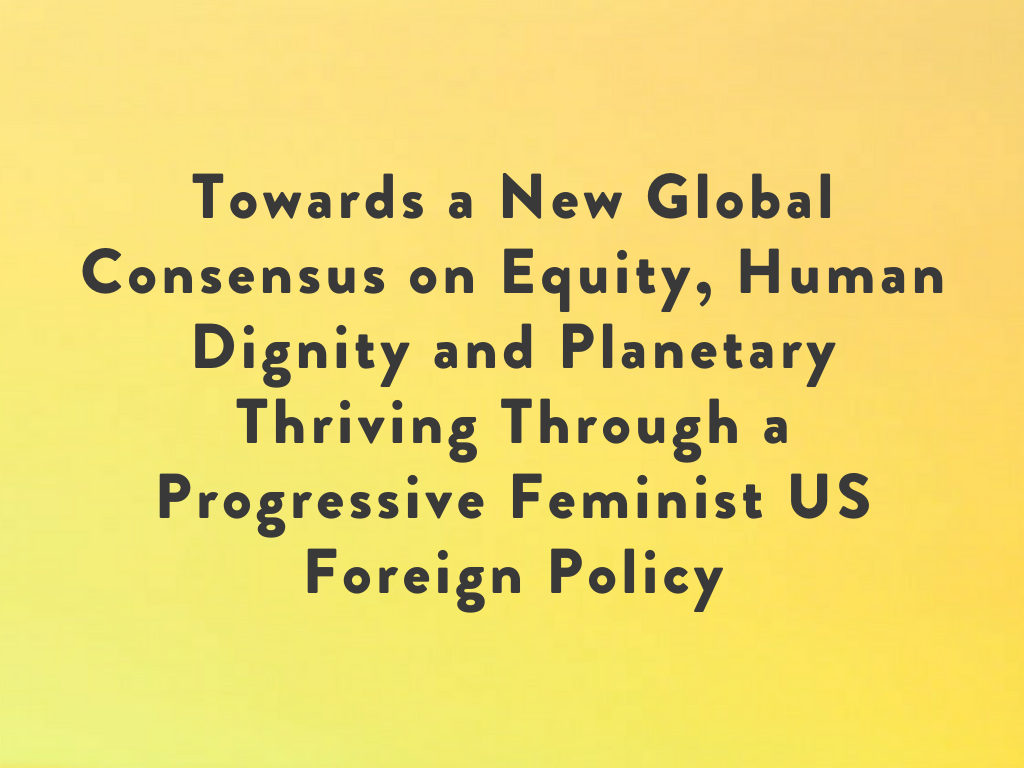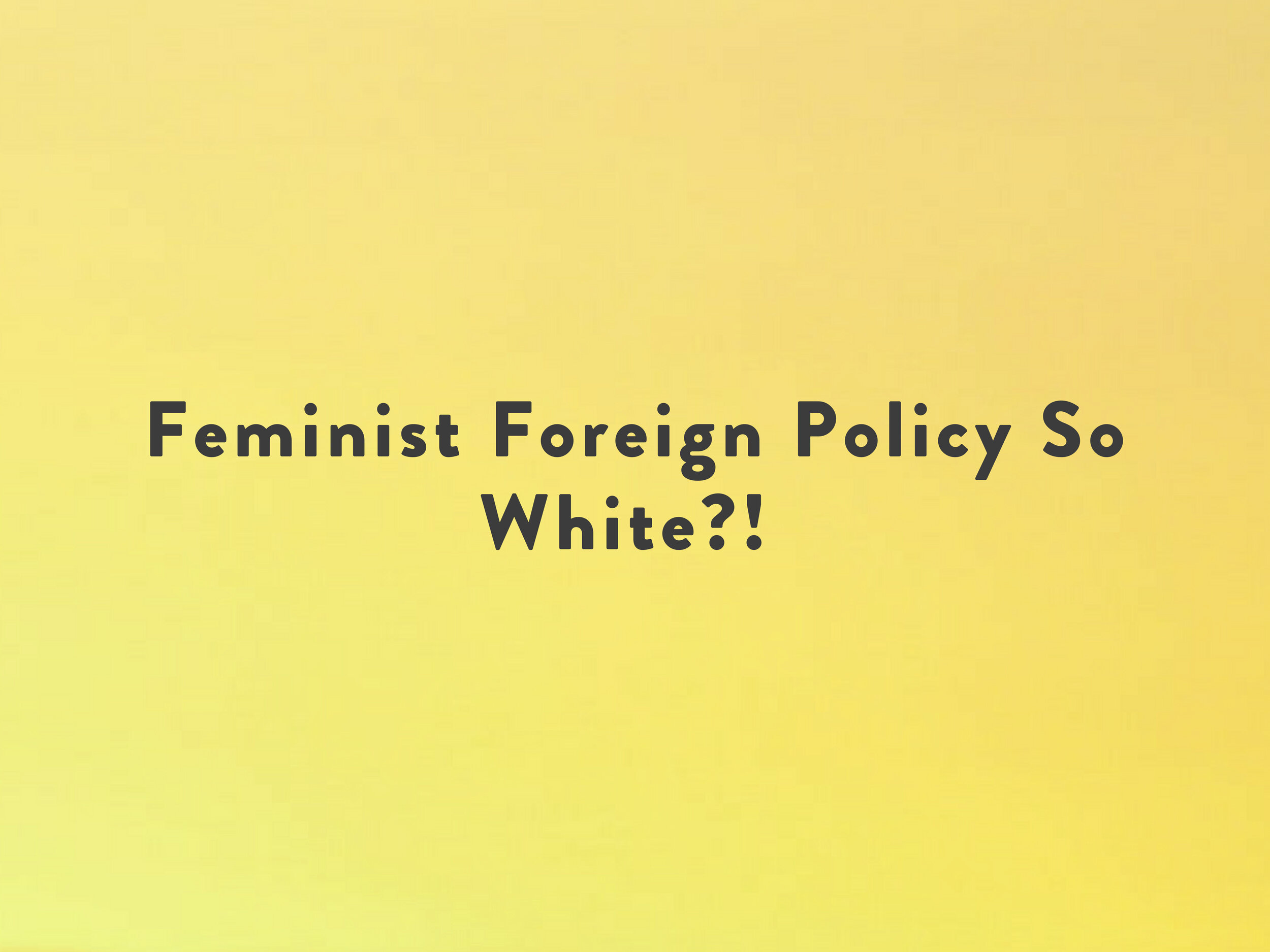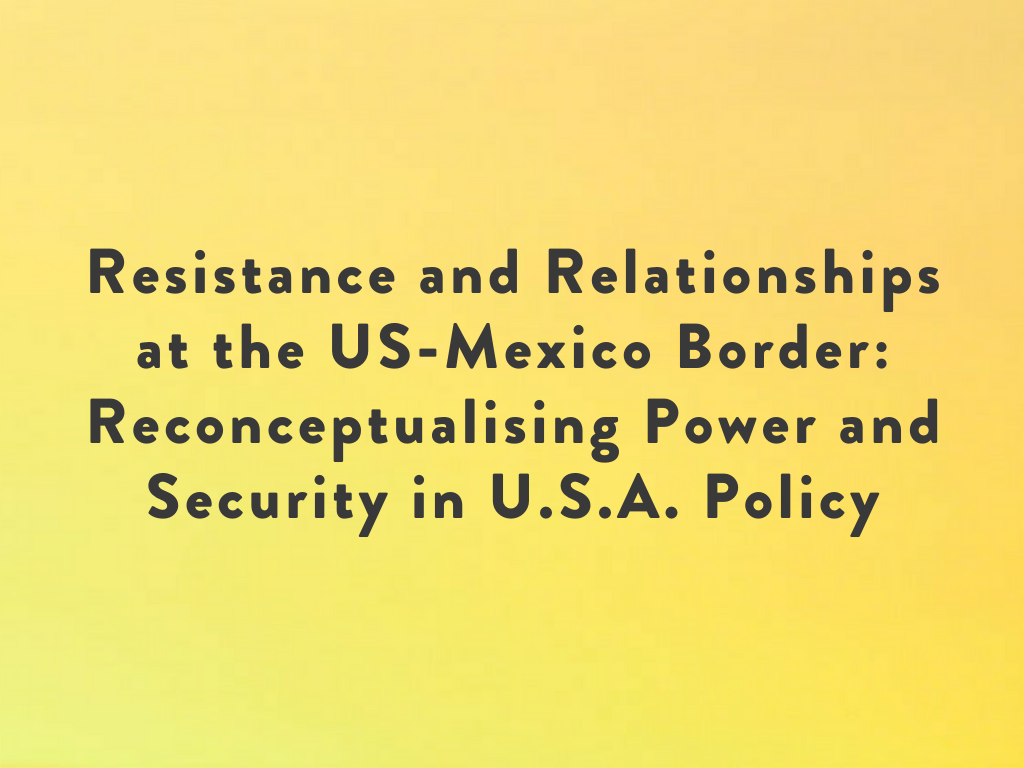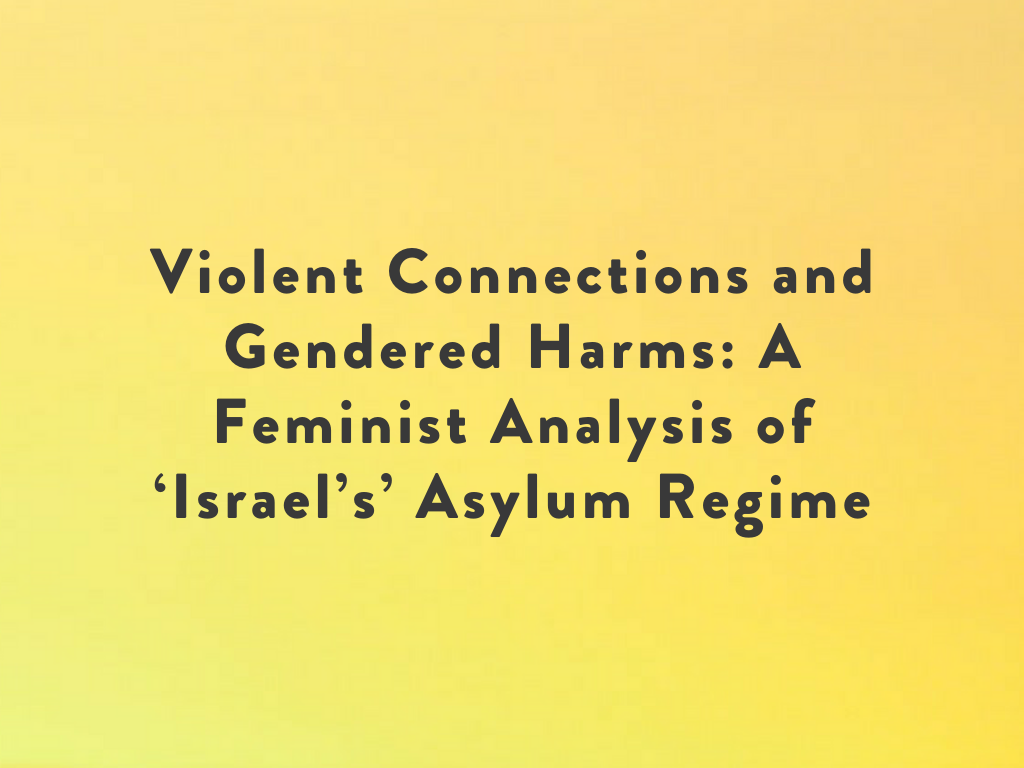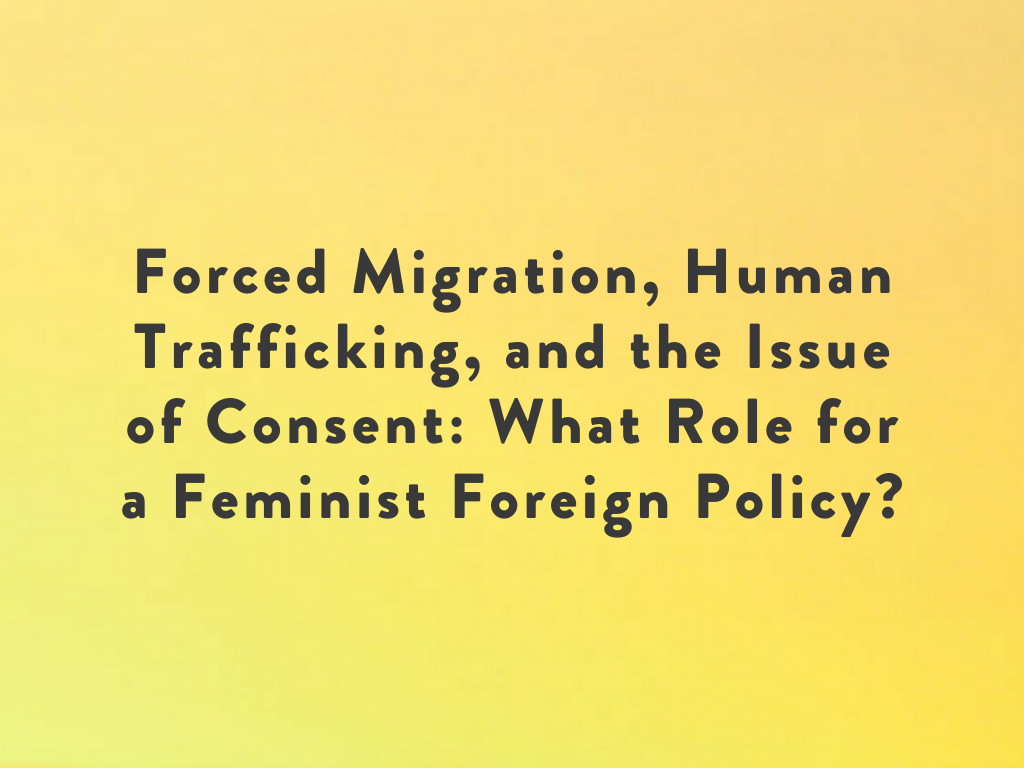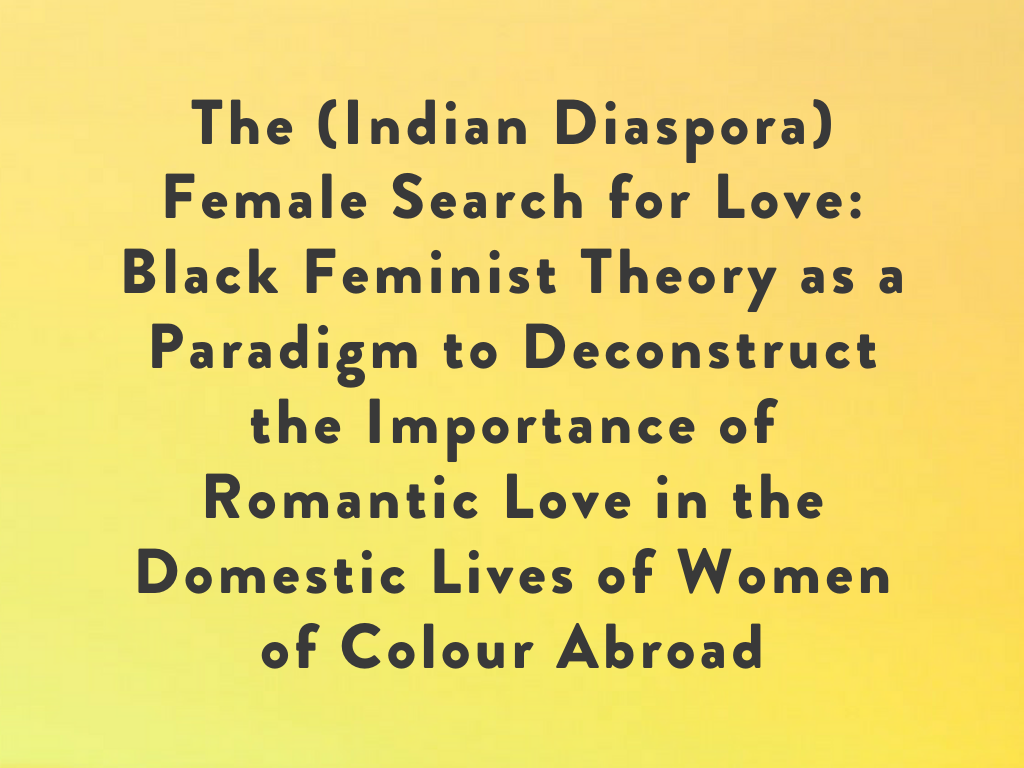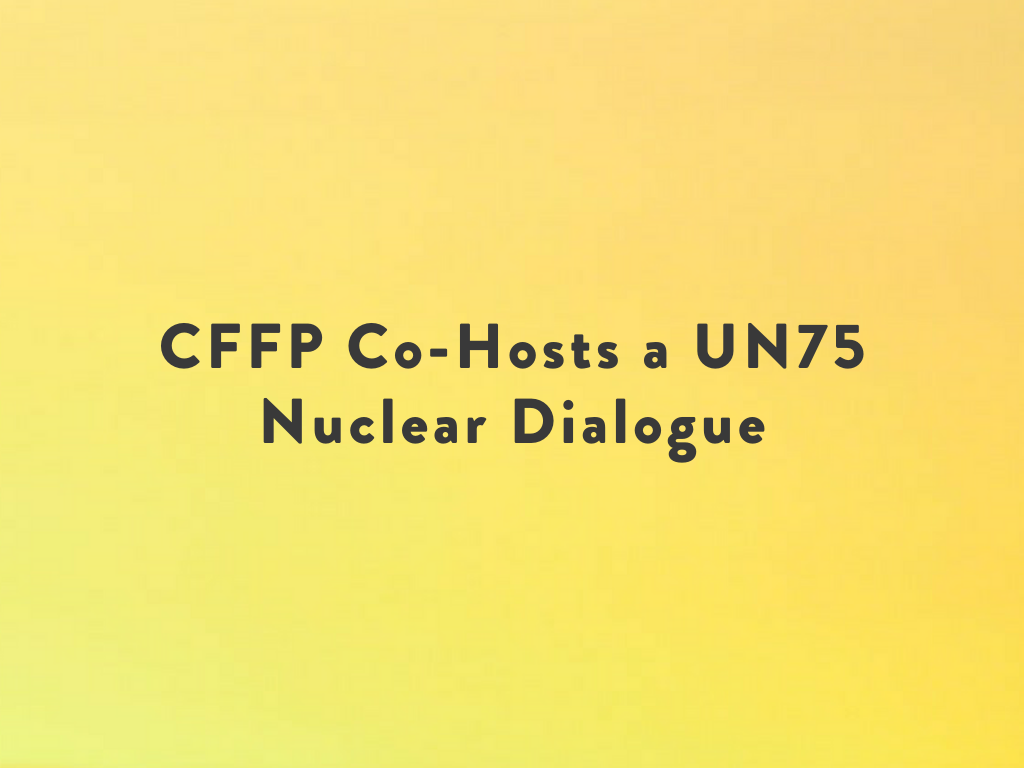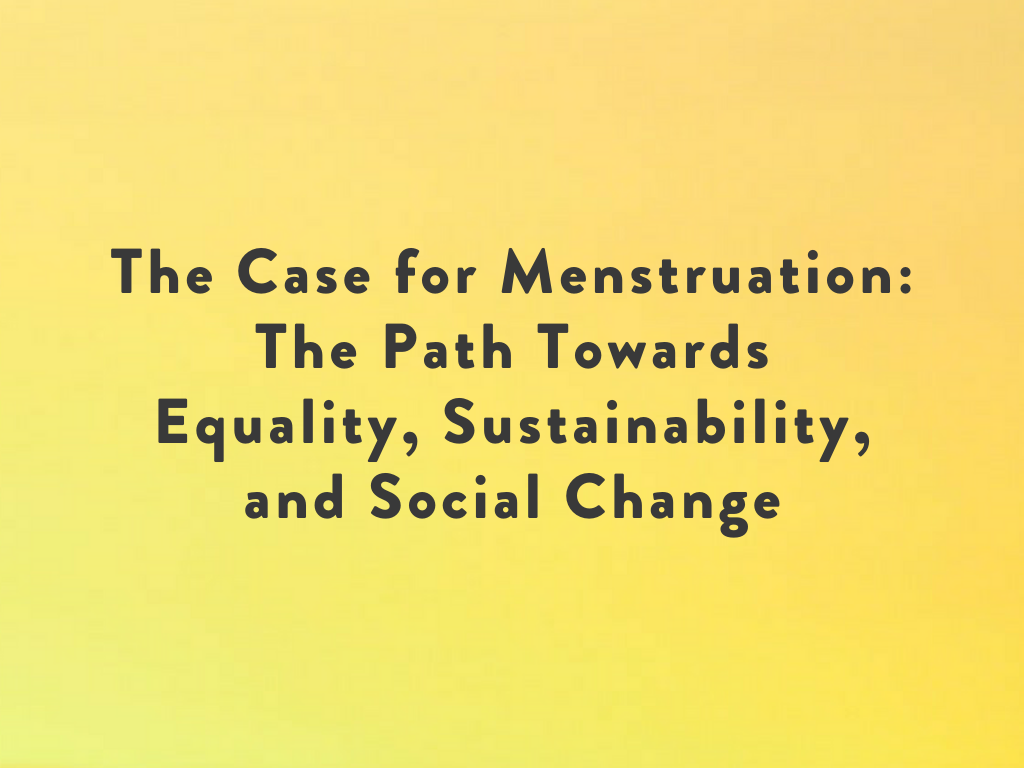This article is published in the fourth issue of Disrupted: “The Reproductive Rights Issue.”
Sexual and reproductive health and rights (SRHR) are one of the most explicitly ‘feminist’ areas for national and international policy. They are concerned with women’s bodily autonomy and freedom; with their ability to exercise decision-making over their future; and they are essential for women’s health and well-being. They are, in short, “preconditions of women’s full and free access to the public sphere” (Lister, 2003: 126).
Yet, SRHR have struggled to gain widespread acceptance in international foreign and development policy. This is due to individual countries’ domestic interests; the work of religious interest groups and the growth of transnational conservative and right-wing lobbying (Bob, 2012). In areas where SRHR have been mainstreamed, they have been criticised by practitioners for becoming “watered down, more technical and [have] lost their political meanings” (Washington and Tallis, 2012: 6). In the contemporary era of American-dominated development funding, SRHR have been attacked at the global level, most notably with regards to abortion. The Trump Presidency’s reinvigorated ‘Global Gag’ rule (a US policy which blocks funding for non-governmental organisations that provide abortion counselling or referrals, or that advocate for reform of abortion law and services) has severely affected the work of SRHR organisations and has had huge impacts on women’s ability to access reproductive health services globally. In just one country, Nepal, the reinstatement of the policy has led to job losses across the development sector, the loss of huge amounts of funding from USAid, and has had a clear impact on the government’s plans to draw up a ten year plan to combat maternal mortality (Adhikari, 2019). Furthermore, SRHR have struggled to gain acknowledgement outside of the field of development, and to be understood more fundamentally as part of women’s security needs.
The role that SRHR play within the UN Security Council Resolutions on Women, Peace and Security (WPS) highlight the difficulty of integrating abortion into international security policy. The series of 9 Resolutions, beginning with Resolution 1325 in 2000, attempt to enhance women’s participation in peacebuilding, protect women from gender-based violence and prevent further conflict. The WPS agenda is a clear precursor to, and influence on, certain states’ development of what they term Feminist Foreign Policy (FFP; notably Sweden, Canada and France) and WPS is now well established in international security policy. 82 countries have now produced national action plans (NAPs) which lay out in detail how they will pursue the WPS agenda in their national and international policy. Yet, content analysis of both the Resolutions and NAPs shows little sustained discussion of or commitment to reproductive rights, and even less to abortion (Thomson and Pierson, 2018). SRHR have had little explicit focus so far in the WPS agenda, despite the growing focus the agenda has had on stopping sexual violence and providing care to victims of sexual assault and rape during conflict.
The difficult passage of the most recent WPS Resolution, UNSCR 2467, highlights even more strikingly how tenuous a place SRHR hold in the making of international security policy. UNSCR 2467, passed in April 2019, has been described as unnecessary, given past commitments and a clear set of prior resolutions, and was particularly difficult to pass in the current political context of the Security Council (Rees, 2019) and contemporary global politics. During the negotiations on UNSCR 2467 a formal working group of the UN Security Council on sexual violence in conflict and the SRHR of victims of sexual violence was proposed. However, Russia, China, and the US opposed the creation of such a group. Furthermore, the US also threatened to veto the Resolution if it included the proposed language on SRHR (Allen and Shepherd, 2019). As a result of this threat, “the words were not in the final text” (Rees, 2019) and it made no direct reference to SRHR. When the Resolution was passed, the preamble did contain reference to previous resolutions which discuss SRHR. France, Belgium, South Africa, and the United Kingdom also referred to the importance of sexual and reproductive health and rights (SRHR) for survivors of sexual violence (Rees, 2019) in their speeches following the passage. Yet the lack of an explicit reference in the main body of UNSCR 2467 and the publicised debate on the retraction of SRHR language represent another instance of the global rollback on women’s reproductive rights. Moreover, such a public setback for the agenda “sets a dangerous precedent for other contentious issues as well” (Taylor and Baldwin, 2019), and potentially opens the door for further retreats around WPS policy.
In light of these regressions, it is crucial that those within the global community who support SRHR work to restate their commitment. The growing material implications of the global gag rule coupled with the potential of a second Trump Presidency could mean that SRHR funding and services continue to be severely impacted for years to come. The advent and growth of the concept of FFP, and its increased uptake across state and international NGO discourse, represent a key opportunity for SRHR. FFP, and the organisations and individuals working to further it, provides a vehicle through which the SRHR community can work to embed their message.
The Netherlands-led international initiative She Decides is one such example of bold action around SRHR. She Decides was launched by the Dutch Minister for Foreign Trade and International Development in collaboration with the governments of Denmark, Sweden and Belgium. It was created in dir
ect response to President Trump’s reinstatement and expansion of the Global Gag rule when he came to power in 2017 and aims to plug the funding gap left by this action. She Decides is ‘guided by a vision’ of ‘A new normal where girls and women decide about their bodies, their lives, their futures. Without question’. It has mobilised not only states, but also grassroots involvement and activism, and is now ‘backed by over 50,000 individuals, 300 organisations and more than 40 global champions – one third of them Ministers – from across the world’. The SheDecides manifesto is broad and bold in its scope, reaching beyond the more apolitical language of some SRHR discourse. It not only specifically references abortion, but also pleasure, consent and stigma around women’s sexuality:
The clear language around abortion and consent; the harnessing of citizen activism alongside states; working in concert with multiple countries from the outset; a clear focus on funding and resources and not just discourse – in terms of both tactics and content, She Decides presents key ‘bottom-up’ policy making ideas which might in turn be taken up by advocates and policy-making within FFP (other grassroots organisations such as Inroads and Catholics for Choice provide tangible examples of how to tackle reproductive rights). Doing so would not only ensure a commitment within FFP to SRHR but would also bring two worlds of international advocacy together and strengthen both platforms.
SRHR face a hostile international environment. The momentum that FFP is seeing at a global level can work in synergy with SRHR, helping both to fight against the backlash that SRHR are currently experiencing and to ensure that an understanding of bodily autonomy and reproductive rights, and a set of global minimum standards, are embedded within FFP.
Jennifer Thomson is a Lecturer in Comparative Politics at the University of Bath. She is the author of Political Institutions and Abortion Law: Explaining policy resistance (Palgrave, 2019). She has published multiple articles in journals including International Studies Review, International Political Science Review and the British Journal of Politics and International Relations.
Claire Pierson is a Lecturer in Politics at the University of Liverpool.
Bibliography
Adhikari, R., 2019. ‘Nepal’s family planning clinics feel the force of Trump’s global gag rule’. [online]. Guardian. 28 Sept 2019. [Available at: https://www.theguardian.com/global-development/2019/sep/28/nepals-family-planning-clinics-feel-the-force-of-trumps-global-gag-rule]. [Accessed 19 Dec 2019].
Allen, L. and Shepherd, S., 2019. ‘In pursuing a new resolution on sexual violence Security Council significantly undermines women’s reproductive rights’. [online]. LSE. 25 April 2019. [Available at: https://blogs.lse.ac.uk/wps/2019/04/25/in-pursuing-a-new-resolution-on-sexual-violence-security-council-significantly-undermines-womens-reproductive-rights/]. [Accessed 23 Feb 2020].
Bob, C., 2012. The global right wing and the clash of world politics. Cambridge: Cambridge University Press.
Lister, R., 2003. Citizenship: Feminist Perspectives. London: Palgrave
Rees, M., 2019. Madeleine Rees on UN Security Council Resolution 2467. [online]. WILPF. 30 April 2019. [Available at: https://www.wilpf.org/madeleine-rees-on-un-security-council-resolution-2467/]. [Accessed 23 Feb 2020].
Taylor, S. and Baldwin, G., 2019. The Global Pushback on Women’s Rights: The State of the Women, Peace, and Security Agenda. [pdf]. International Peace Institute. [Available at: https://www.ipinst.org/wp-content/uploads/2019/09/1909_Global-Pushback.pdf]. [Accessed 19 Dec 2019].
Thomson, J. and Pierson, C., 2018. ‘Can abortion rights be integrated into the Women, Peace and Security agenda?’ International Feminist Journal of Politics, 20(3), pp.350-365.
Washington, L. and Tallis, V., 2012. ‘Sexual and reproductive health and rights: a useful discourse for feminist analysis and activism’. Journal on African Women’s Experiences, 2(1), pp.6-11.

